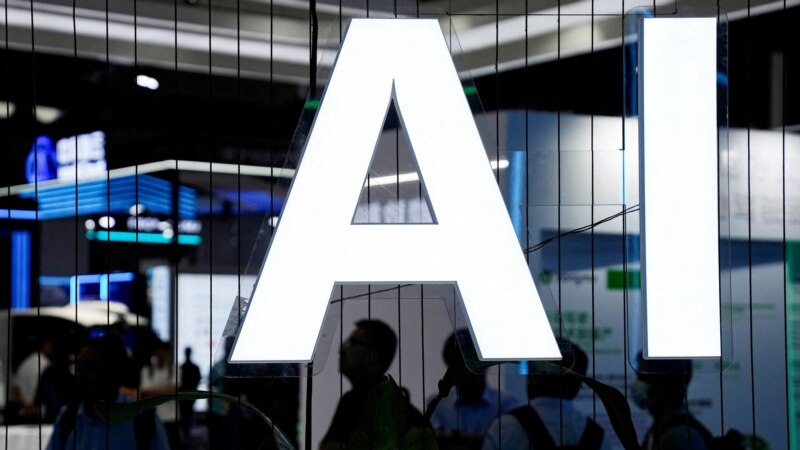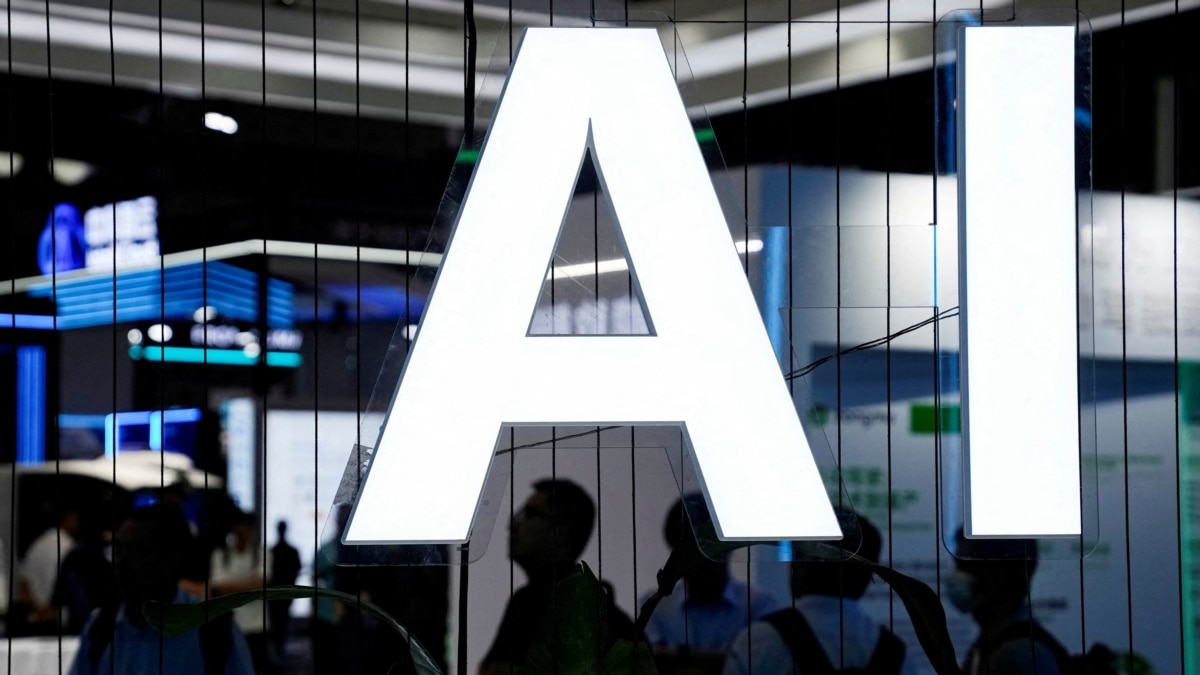
Artificial intelligence is rapidly changing the medical landscape, igniting hopes of finally defeating devastating diseases like cancer and Alzheimer’s.
“I think we are very close. I would say we are still a few years away from the first truly artificially designed drugs to treat major diseases such as cardiovascular and cancer.” Google DeepMind CEO Demis Hassabis told Per Weekly tech podcast Hard Fork.
The next leap in artificial general intelligence (AGI) promises to revolutionize medicine and drug development with its human-like cognitive capabilities. Tech giants like Google are already using artificial intelligence and general artificial intelligence to explore new drug discovery.
“We just signed big deals with big pharma and real drug projects. I expect that within the next few years we will have AI-designed drugs in the clinic and in clinical testing,” Hassabis said.
The medical community is enthusiastic about the potential of artificial intelligence to reshape their field.
However, some experts, including Nadia Aksil, a scientist at the Johns Hopkins Bloomberg School of Public Health, warn that a completely disease-free world may be elusive.
“Disease processes are constantly evolving, so while these technologies can help in today’s circumstances, we really don’t know what the future holds, whether it’s a global pandemic or climate change-driven Changes in disease patterns.”
Despite these caveats, the impact of AI on healthcare is already profound. AI-powered machines enhance diagnosis and treatment, and doctors rely on AI for tasks ranging from image analysis to interpreting lab results.
With artificial intelligence capabilities advancing at lightning speed, doctors and clinicians can expect a wave of change in the near future.
“Artificial intelligence has tremendous potential to improve the human condition by improving the way we practice medicine and deliver health care,” Zak Kohane, chair of the Department of Biomedical Informatics at Harvard Medical School, told VOA via email.
Kohane listed several areas where AI could speed up diagnosis, make treatment recommendations that human doctors might have overlooked, and even predict a patient’s response to treatment based on factors such as a tumor’s unique genetic makeup.
“We may see the rise of artificial intelligence tools that can track apparent changes and fluctuations in patient records that may signal risk for certain complications of an existing disease, or years before a disease occurs,” Kohane said. The risk arises.”
While these advances are exciting, they also bring challenges. Experts like Akseer point out that AI could widen existing health care disparities around the world.
The regulatory framework can also be a barrier to rapid progress in the field.
“Ultimately, artificial intelligence is a means to an end. How we use this tool depends on humans, society as a whole. It takes political will to realize many of the benefits,” Xiaoyu said.
“In this sense, artificial intelligence is a key tool but not a panacea.”
Follow us on Google news ,Twitter , and Join Whatsapp Group of thelocalreport.in












